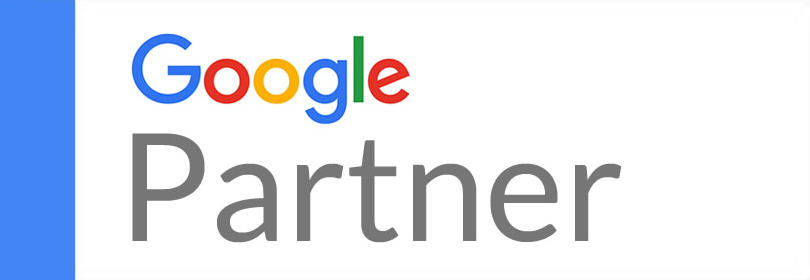This past month I visited a few friends and colleagues I that haven’t seen for a while and who all work in the digital marketing arena. Through my conversations over coffee and lunch I’ve picked up on a common theme. Apparently they all seem to be suffering from Organizational Digital Stress Disorder (ODSD).
 This isn’t to be confused with being overwhelmed by digital media (Simple Digital Stress Syndrome) or over reliance on your mobile device (Smartphone Psychosis), which are serious conditions but can be easily rectified by turning off your computers or smart phones and go for a walk.
This isn’t to be confused with being overwhelmed by digital media (Simple Digital Stress Syndrome) or over reliance on your mobile device (Smartphone Psychosis), which are serious conditions but can be easily rectified by turning off your computers or smart phones and go for a walk.
ODSD is something more serious. It comes from working in a company or agency in a digital marketing capacity and being faced with the inability to convince the executives, colleagues, partners, stakeholders, janitors that a digital revolution is here and that their organizations must take a new approach to engaging their customers.
The pace of consumer adoption of mobile, social and digital technologies is greatly outrunning corporate america’s ability to keep up and as digital marketers we see it plain as day. Just read Mashable or even Adage and you you start to realize that this is something serious and if not acted upon quickly, the organization you’re working for will soon be irrelevant and possibly out of business.
Someone suffering from ODSD feels compelled to act on this information but unfortunately nobody believes them (or wants to) even when they’ve clearly layout the need for the organization to evolve from product/service promotion to content creators and social conversationalists.
To the “classically trained” marketer this sounds like a lot of mumbo jumbo. They might say things like “this is how we’ve always done things” or “social media is just a fad.” Even worse, they might think they’re already on the cutting edge of technology because they just created a mobile app that condenses all their irrelevant marketing messages in one hard to read iPhone app.
This type of behavior and attitude towards change is the leading cause of ODSD and can manifest itself in many different ways such as hives, headaches, pulling of hair (yours and others), kicking things, wondering if its all worth it, and the need to go live in Tahiti in a thatched hut.
To be fair, change is not easy for many people and organizations (especially large companies) so it won’t come easy. Thus ODSD will be around for a while and I’m seriously thinking there’s a need here for a specialization in ODSD therapy. I’ve always felt a missed my calling at a psychologist so I may look into this but in the meantime I’ve found some other interesting disorder’s stemming from ODSD.
Do you or anyone you know suffer from any of these disorders:
Digital Schizophrenic Messaging Disorder (DSMD) – Severe form of psychopathology characterized by the breakdown of integrated marketing messaging throughout all channels (traditional & digital), withdrawal from the reality that your sending mixed messages through your marketing channels, emotional distortions of why you’re not getting a good ROI on your multiple Facebook posts, and disturbed thought processes (inability to trust that digital media can be measured).
Dissociative Web Development Identity Disorder (DWDID) – A dissociative mental disorder in which five or more distinct marketing messages exist within the same website (above the fold); formerly known as multiple message disorder.
Chronic Change Management Stress (CCMS) – A continuous state of arousal in which an individual perceives the need to change a company’s cultural attitudes towards digital marketing but not having the internal resources available to do with it.
Latent Liking (LL) – In Freudian dream analysis, the need to find hidden meaning of a Facebook like.
Manic Monitoring (MM) – A component of bipolar blogging disorder characterized by periods of extreme elation, unbounded euphoria about the number of retweets and Facebook comments your recent blog post generated followed by extreme depression in learning that it was all just spam.
Social Media Psychosis (SMP) – Loss of contact with reality that usually includes: false beliefs about Facebook going away soon, delusions that consumers want to share your 10 minute product informational video with friends; reading articles that claim that social media is dead (hallucinations).
High Tweeting Tolerance (HTT) – A situation that occurs with continued use of Twitter in which an individual requires more tweets to achieve the same effect.
If any of these afflictions apply to you, please call me and we can schedule an appointment. The Dr. is in!
P.S.
My treatment includes:
Cognitive Content Therapy – A type of psychotherapeutic treatment that attempts to change feelings and behaviors about helping an organization change the way it treats its customers and respecting the customer’s desire not to be hit over the head with marketing messages.

